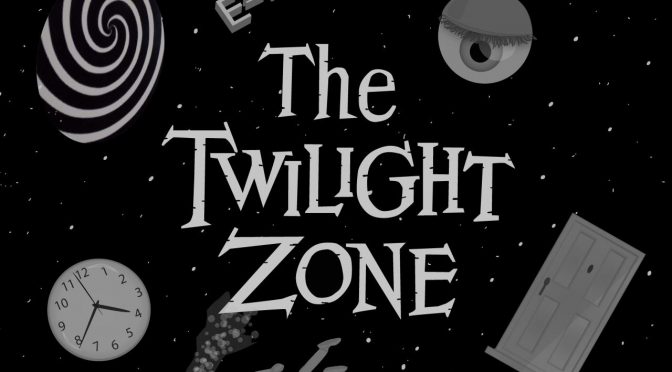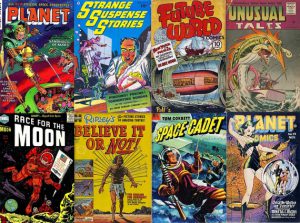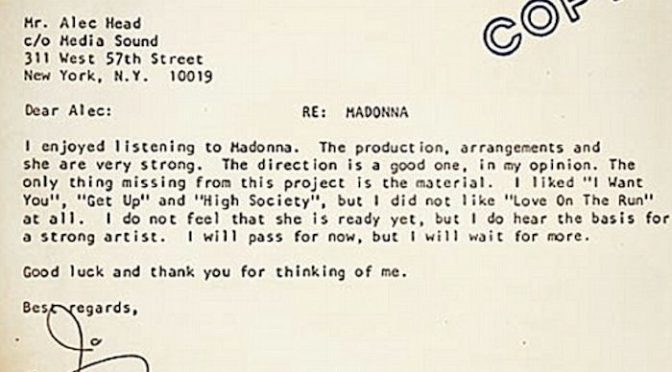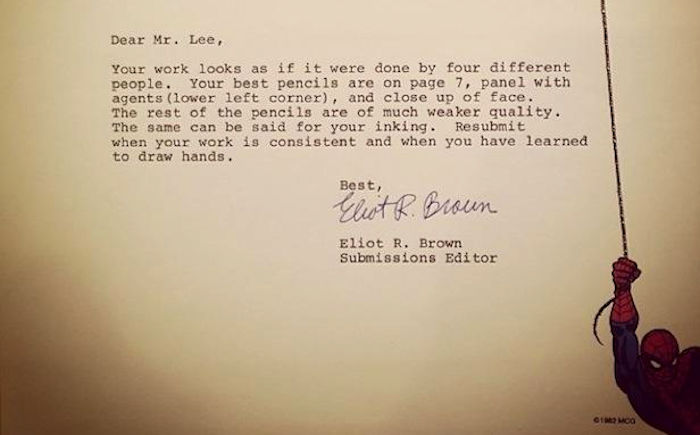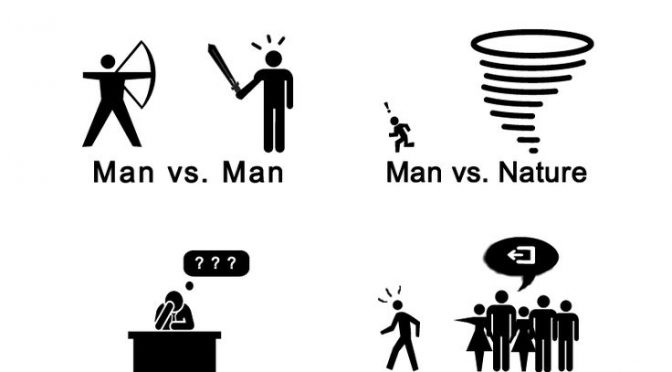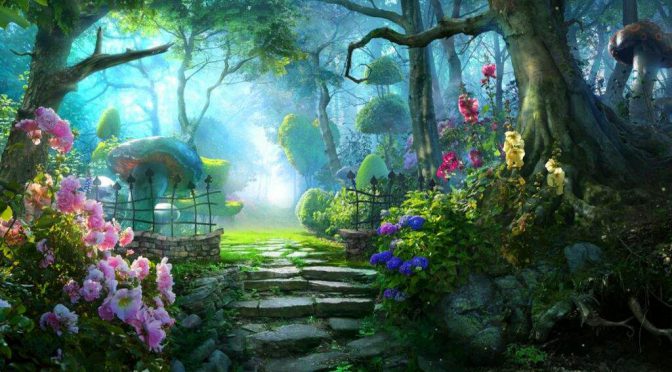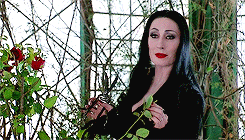After months of delays, backstage rumors, sudden loss of its show-runner and so many unnerving little announcements coming out of the production of Star Trek: Discovery, the people finally got to see something better than that awful half-rendered ship from the comic con footage. And, though the recent trailer appeared months after the show was supposed to air, we finally have something about the production that looks promising. Showing slick visuals, a somewhat interesting set up, and a ship that didn’t look like ass – it was decent. Though the involvement of the Klingons seems to confirm some theories that people were bandying about nearly a year ago, at least now there was something to discuss.
And of course the jackasses came out of the woodwork.
In an effort to fight back what they call the “white genocide”, a thankfully small but vocal minority (ironic) jumped at the chance to decry the cast of characters. There were too many women, too many minorities, and not nearly enough straight white men for them. Clearly, by their assessment, social justice was out to ruin Star Trek by forcing diversity onto its cast and crew. And the rest of us only had one question to ask:
What Star Trek have these assholes been watching? Continue reading Star Trek: Diversity



